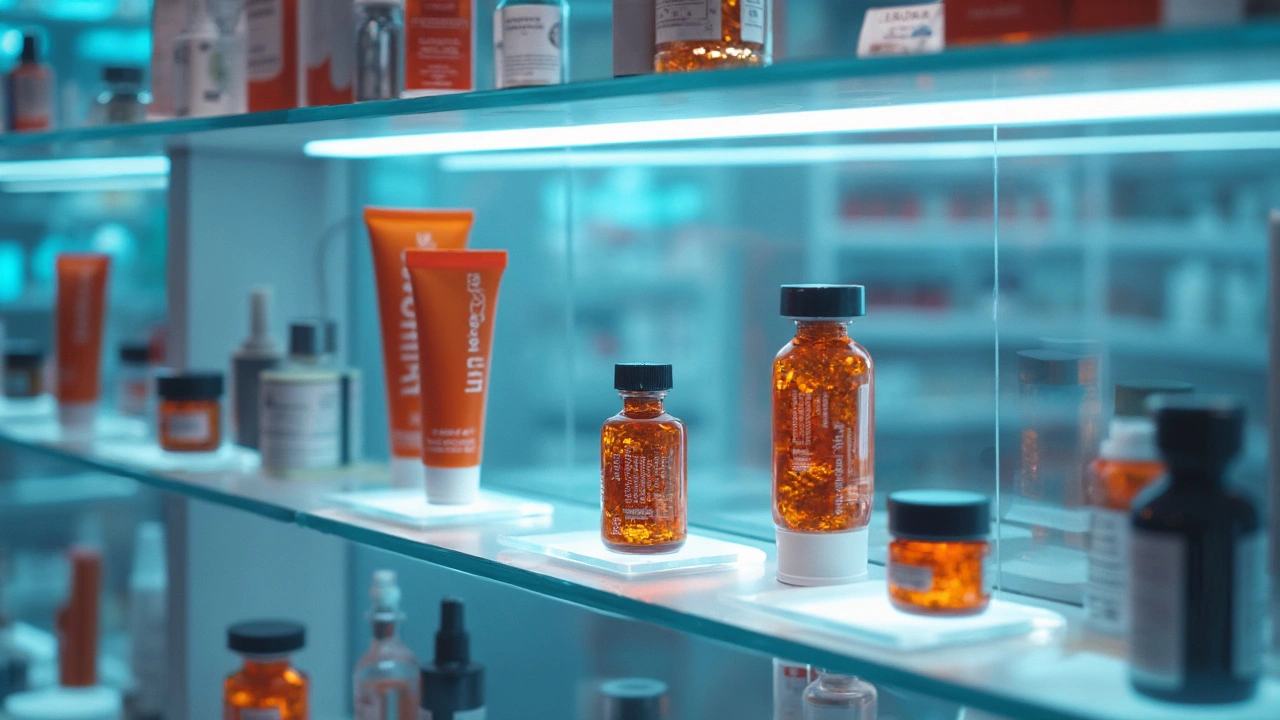Penciclovir: fast facts and how to use it to treat cold sores safely at home
Penciclovir is a topical antiviral cream used mainly for herpes simplex labialis, the cold sores that show up around your lips. It works as a nucleoside analogue: the virus activates it, and then penciclovir blocks viral DNA replication. That means it slows the virus so sores heal faster and painful days get shorter.
The key is timing.
Start treatment at the first tingle, blister or redness. Clinical use shows the best results when applied during the prodrome or within an hour of the first lesion. The usual regimen for the cream is to apply it every two hours while awake for four days. Cover the affected area with a thin layer and wash your hands before and after to avoid spreading the virus. Compared with topical acyclovir, penciclovir tends to keep higher drug levels inside infected cells, which helps it stay active longer between applications. That doesn’t mean it cures herpes; the virus remains in your nerve cells and can reactivate. Penciclovir treats episodes faster and reduces pain, but it won’t stop future outbreaks.
Side effects are usually mild and local:
Temporary redness, itching or a burning feeling at the application site. Serious reactions are rare, but stop use and see a doctor if you get severe swelling, blistering beyond the usual cold sore, or signs of an allergic reaction. People with weakened immune systems can develop lesions that respond poorly to standard topical antivirals, and resistant strains have been reported in those cases. If your sores don’t improve after a few days, or you get frequent severe outbreaks, ask a clinician about oral antivirals like valacyclovir or famciclovir. Those pills treat outbreaks systemically and are more effective for deep or multiple lesions. Penciclovir has minimal systemic absorption when used topically, so drug interactions are unlikely with standard cream use. Still, tell your healthcare provider about other medications or conditions before starting any treatment. For pregnant or breastfeeding people, check with a clinician before use—your doctor can weigh risks and benefits.
Storage is simple: keep the tube at room temperature away from light and heat. Don’t share your cream; infectious virus can transfer with contact. In short, penciclovir is a solid option for treating cold sores if you start early and follow the application schedule.
Want practical next steps? Keep a tube handy if you get regular outbreaks, learn your own prodrome signs, and contact your clinician for persistent or severe cases. Knowing how and when to use penciclovir makes a real difference in how quickly you get back to feeling normal.
Note: penciclovir cream is often sold under brand names and may require a prescription depending on where you live. Over-the-counter options and oral antivirals vary by country. If you travel a lot or get sun-triggered outbreaks, talk to your doctor about preventive strategies like daily oral antiviral therapy and simple sun protection habits to reduce flare-ups. Keep a note of triggers and dates.
2025 Alternatives to Valtrex: Top 6 Options to Consider
Looking for alternatives to Valtrex in 2025? We explore six options including topical treatments and systemic drugs. From Penciclovir cream for targeted relief to plant-based extracts, discover how these alternatives stack up in terms of efficacy and convenience. This comprehensive guide helps you decide what's best for managing your condition.

